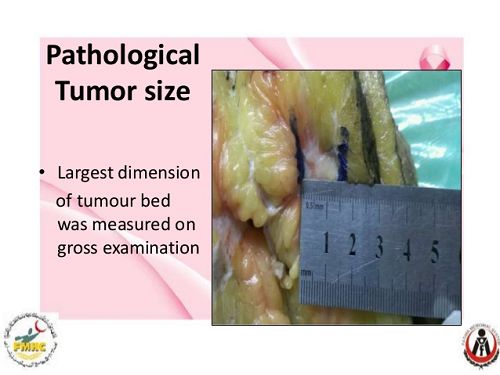
There are many things that make peritoneal mesothelioma different from other types of mesothelioma. While these cancer cells in many other types of mesothelioma are often assumed to be able to spread to other organs through the body's circulatory system, this is not the case with peritoneal mesothelioma.
The most obvious difference between peritoneal mesothelioma and other types of mesothelioma is the size of the cancerous tumor. In many cases, this tumor is relatively small and is located in a small, confined area. Because of this, a patient can sometimes have difficulty determining where the tumors originated.
Another difference between peritoneal mesothelioma and other types of mesothelioma is that the patient is usually confined to the abdominal cavity. While the body as a whole may be responsible for many types of mesothelioma, a tumor that is localized in an area that is not normally exposed to the blood and other fluids will usually spread throughout the body much more slowly.
Even though the cancer may have been dormant in the body for years, there may be significant weight loss or weight gain, both of which can cause the tumor to migrate. This can also explain why peritoneal mesothelioma often starts to affect the lungs and brain.
The presence of other cancers in the abdomen also causes some patients to consider the presence of peritoneal mesothelioma. Men and women who are affected by breast cancer and those who have had ovarian cancer are often diagnosed with this type of cancer. Unfortunately, because this type of cancer is not spread to other parts of the body, these people may be treated for the cancer and ultimately be cured but will never experience symptoms.

Despite this fact, there is a small group of patients who have symptoms that will require treatment. These include diarrhea, pain, nausea, weakness, abdominal discomfort, and fever.
Treatments for Peritoneal Mesothelioma
Patients who experience these symptoms should seek immediate medical help and consider contacting their oncologist to discuss the possibility of surgery to remove the cancerous cells. Some symptoms can be ignored or attributed to gastrointestinal problems, as well as their sudden onset.
As with any type of cancer, the best way to avoid contracting peritoneal mesothelioma is to avoid exposure to high levels of asbestos, which is commonly found in older buildings. Along with being aware of asbestos dangers, the patient should also be aware of other potential health risks associated with being exposed to asbestos, including lung cancer.
The life expectancy of those who suffer from peritoneal mesothelioma is typically between ten and twenty years. If the cancer is caught in its early stages, however, this life expectancy can be significantly shortened.

For the initial evaluation, the patient will be sent for a series of blood tests, which will determine the amount of asbestos in the patient's blood. If the tests indicate a very high level of asbestos, the patient will be sent for surgery immediately.
There are alternative treatments that can provide relief from peritoneal mesothelioma, such as radiation therapy and chemotherapy. The patient should discuss his or her options with his or her oncologist and seek medical advice on the proper course of treatment.